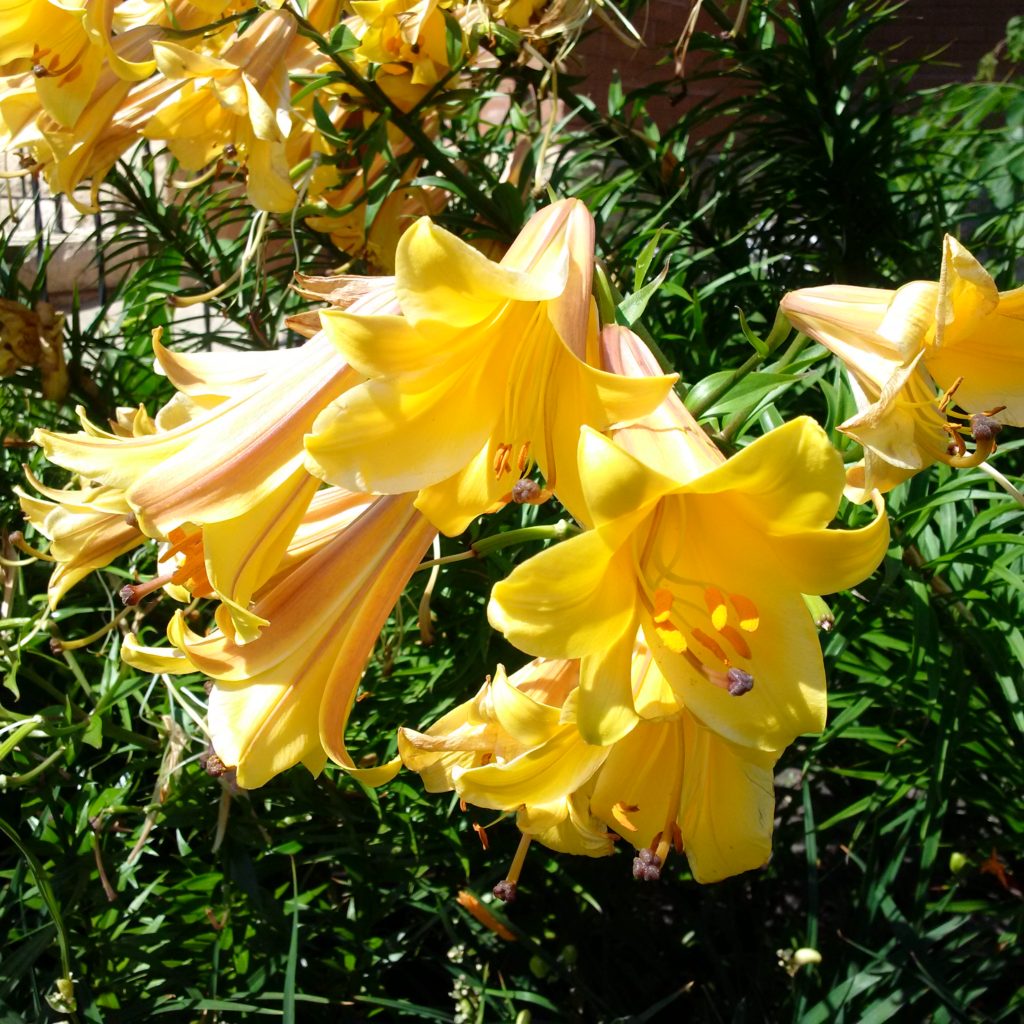“I also think that life itself is both indifferent to us and the source of all of our joys and everything that we love. And it’s necessary to accept the one in order to love the other.” — W.S. Merwin
I’m not sure when I discovered Merwin’s prose and poetry, but I feel fortunate to have found him. If you haven’t read him, what can I say? Start with a memoir, a book of poetry, or simply google him. To be in touch with his work is literally life-sustaining, enlarging, and sometimes feels slightly mystical. Clearly, a profound gift to anyone still reading Merwin after his loss in 2019, I love how he always drew his readers close by focusing on three things: the inherent guidance and inspiration found in nature, the mysteries of time and place, and the power and elegance of memories.
“What I really believe is the only hopeful relation between our life and the whole of life is one of reverence and respect and of feeling at one with it. The other attitude which is the one our society is based on is devastating and it is killing the earth and it is killing us too.” — W.S. Merwin
You can find his complete bio in many places, but in terms of the basics, Merwin was born in 1927 in New York City; raised by a Presbyterian minister in New Jersey and Pennsylvania (Scranton), and lived a good share of his life in Hawaii, on an abandoned pineapple plantation that he restored to rain forest one tree, one plant, at a time. Merwin practiced what he preached, and in today’s world, that’s commendable.
From the Pulitzer Prize for poetry to serving as U.S. poet laureate twice, Merwin garnered one award after another. It’s understandable. I usually read his poetry collections more than once. Two of my favorites are The Shadow of Sirius (Copper Canyon Press, 2009), and The Moon before Morning (Copper Canyon Press, 2019). Poem titles also reveal Merwin’s dedication to something beyond, to learning and personal growth, and to appreciating the planet that supports our existence every single second.
Titles like: “The Old Trees on the Hill,” “Gray Herons in the Field Above the River,” “One of the Butterflies,” “After the Voices,” “Natural History of Forgetting,” and “The Bell of One Morning.”
And he writes about these subjects like no other. Seemingly light or commonplace topics, Merwin delights in telling us about their true importance by capturing the unnoticed, and by pointing out their utter significance in a distracted, chaotic world.
As a practicing Buddhist, Merwin has been compared to Thoreau, which I think it an apt comparison. Both men have encouraged us to look more deeply at everything we take for granted, at the many ways we sell ourselves short by falling into step with societal expectations and so-called cultural norms. So in this era of constant drama, acrimonious encounters, and perspectives often based on hype and rumor and group think, it’s important to weigh the realities of our brief lives. Merwin and Thoreau are excellent teachers in that regard. As Merwin once noted: We are asleep with compasses in our hands. ~
Blog by SunnyRoomStudio: all rights reserved.
Thanks for stopping by!



